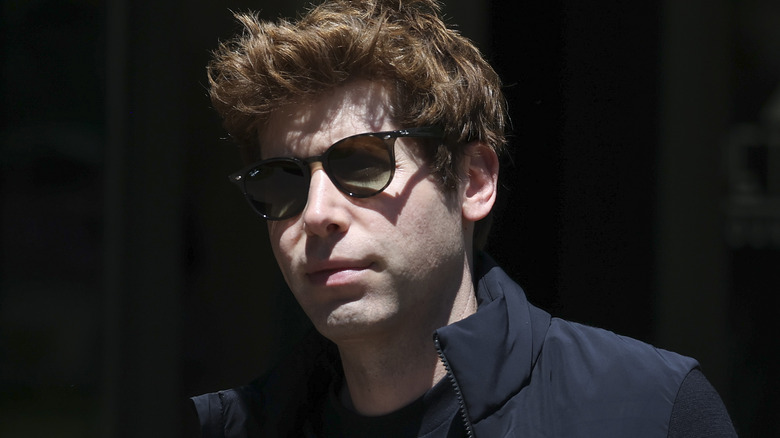Joe Rogan Sounds The Alarm On AI With Deep-Fake Podcast
Joe Rogan, one of the biggest podcast personalities on the planet, sat with OpenAI CEO Sam Altman for an episode of his popular podcast show to talk about AI advancements. However, neither Rogan, nor Altman, actually sat for the conversation. The nearly hour-long episode was generated entirely by ChatGPT, mimicking the distinct tone of Rogan, as well as Altman.
Not just in terms of the intellectual verbosity that these two are known for, but also their real voice pattern. Even the Eminem track playing in the episode was generated by an AI tool called 40 Hertz. If you need any precedent for such a stunt, none other than David Guetta played a song by the Grammy-winning rapper at one of his concerts, the entity of which was generated using an AI.
This is going to get very slippery, kids. https://t.co/lB0TRMJFYS
— Joe Rogan (@joerogan) April 11, 2023
While Guetta's musical adventure once again stirred a hot debate around ethics and copyright while using such a tool, Rogan's AI-generated episode takes things to a whole another level. The ChatGPT responses vocalized for the episode broach a wide range of deep topics like the future of AI, ethical issues, the technical foundations of AI, and the risks to real human jobs.
Even dystopian topics like putting a cutting-edge conversational AI like ChatGPT into a humanoid Android robot, and the potential of colonizing Mars were discussed — and the answers were quite enlightening, albeit a tad predictable and overly ambitious. Notably, the episode also discussed Tesla chief Elon Musk's recent unfavorable comments about the impact of AI proliferation.
The future of AI is both cautiously bright and gloomy
Musk recently signed an open letter, alongside a bunch of leading experts and industry stakeholders, demanding a temporary pause on the development of advanced AI products like GPT-4, citing its tangible risks and potential for abuse. There is no dearth of the latter, as AI labs have already used the work of human artists to train their models without duly compensating them.
Some AI organizations are opting to make them sign controversial contracts like retaining the rights to a voice actor's "voice," so that it's AI-generated likeness can be used in entertainment properties like video games. Then there's Microsoft, which recently detailed a tool called Vall-E that can replicate a person's voice with just a few seconds' worth of audio training, but the company subsequently nixed its public release over risks of misuse.
Rogan's fictional podcast with Altman is just another vivid example of AI's sheer potential, which despite its immense constructive dreams, is equally lucrative to bad actors. Rogan also fictionally sat with deceased Apple founder Steve Jobs last year, stemming from a podcast generated by an AI. A Ukranian firm is synthetically retaining the voice of James Earl Jones, the iconic voice behind Darth Vader, for upcoming projects.
Of course, Rogan's podcast was not without issues, many of which can be easily pointed out by a keen ear. However, more than showing off awe-inspiring tech, AI portends the borderline-dangerous dystopia that may lay ahead with unethical use of artificial intelligence.

